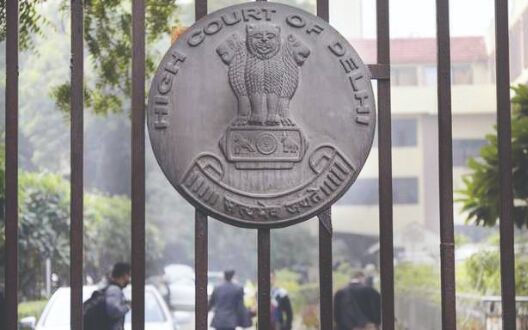Nearly 4K inmates released to decongest jails amid 2nd wave

New delhi: A little less than 4,000 prisoners have been released by the Delhi Prisons department from jails across the city on an interim bail, in case of an undertrial, or an emergency parole in the case of a convict, as part of the decongestion process ordered by the High Powered Committee (HPC), from May 15 till now.
Out of the 3,800 inmates released, 3,000 are undertrials and 400 are convicts. However, during the first wave of Covid-19 last year, nearly 6,000 prisoners were released in order to prevent the spread of the virus. Both undertrials and convicts are out for a period of 90 days following which a HPC will take a decision on their surrender before authorities. At the start of this year's decongestion, the prison population was around 19,500, officials said.
The recent decongestion still leaves the prison population at around 16,000 inmates housed in facilities meant for 10,026.
In an HPC meeting on May 11, it was directed that in view of the "more virulent" and "fatal" spread of the Covid-19 pandemic, inmates should be given immediate emergency parole or interim bail and should be released from prisons.
Prison officials had said that till mid-May, 319 prison inmates had tested positive for the virus while five had succumbed to the illness. Meanwhile, as many as 135 prison staff had tested positive for the virus till May this year.
"As of now, there are zero cases pertaining to Covid among both prison staff and inmates inside the three prisons, Tihar, Rohini and Mandoli," Director General (Prisons) Sandeep Goel said.
As per the criteria laid down by the HPC, eligible inmates other than ones booked under UAPA and other heinous offences, through their lawyers, move their applications before the appropriate courts and subsequently they are released.After the decongestion last year, in view of the reduced cases of Covid-19 towards December, inmates were told to surrender and return back to the prison from February, which led to a spike in cases across the three prisons and further spread of the pandemic, officials said.



